Jonathan Schoenecker
-
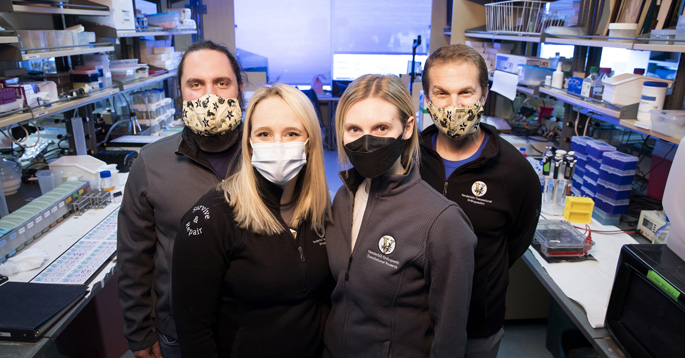
Study identifies molecular trigger of severe injury-induced inflammatory response
Vanderbilt researchers have discovered that early inappropriate activation of the enzyme plasmin caused by severe injury is a trigger of systemic inflammatory response syndrome and resulting organ failure. Read MoreJan 19, 2022
-
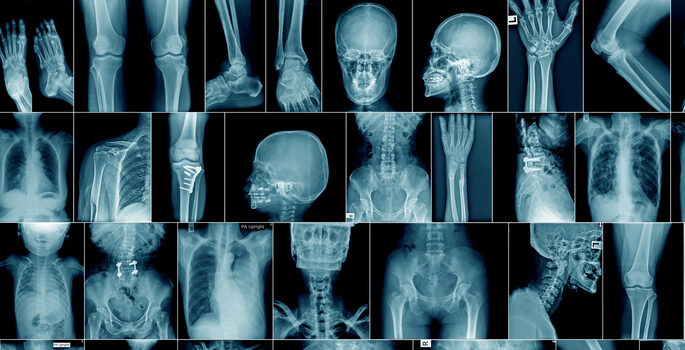
Calcification after severe injury
Vanderbilt researchers have linked bone-related complications of severely injured patients — findings that could help minimize these complications. Read MoreFeb 23, 2021
-
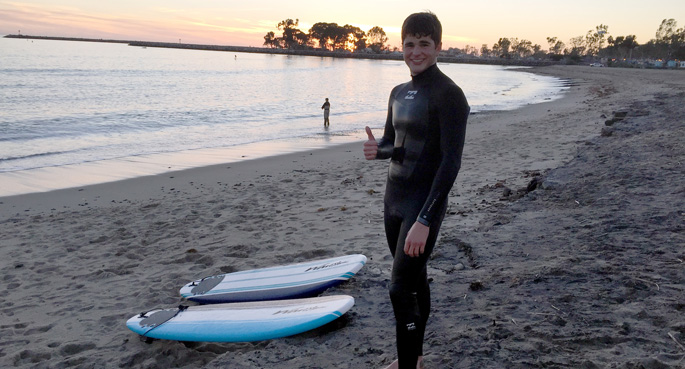
Pediatric and adult orthopaedic surgeons bridge age gap on hip preservation
Tristan Miranda spent the waning days of summer last year on a California beach doing hip pivots on a surfboard — an extraordinary feat for someone who underwent hip surgery just three months earlier. Read MoreMay 31, 2018
-

Plasmin prevents muscle ‘hardening’ after injury: study
Vanderbilt researchers have made the surprising discovery that the protease plasmin, known for its clot-busting role in the blood, protects soft tissue from turning to bone after severe injuries and certain orthopaedic surgeries. Read MoreDec 8, 2016
-
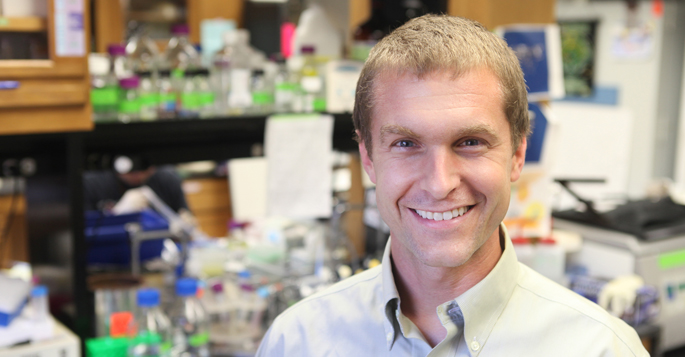
VUMC study shifts thinking on how bone fractures heal
New findings show that fibrin, a protein that was thought to play a key role in fracture healing, is not required, shifting understanding of how fractures heal. Read MoreAug 13, 2015
-

Stuffed animals bring bacteria to OR
Stuffed animals that pediatric patients bring to the operating room are a reservoir of bacteria that can be effectively sterilized in a household washer/dryer the day before surgery. Read MoreApr 17, 2015
-
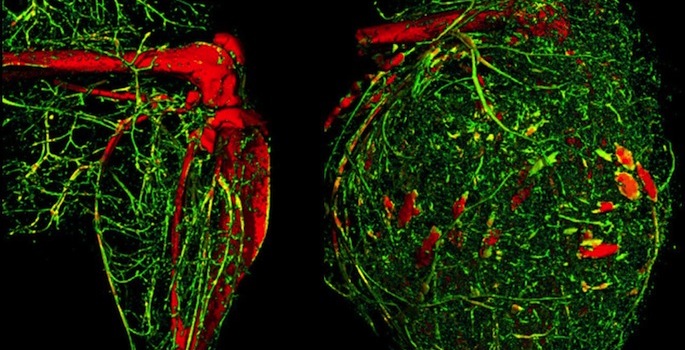
Aggressive bone cancers build more blood vessels
A subpopulation of bone cancer cells may be responsible for driving clinically aggressive behavior, suggesting new treatment options. Read MoreSep 3, 2014